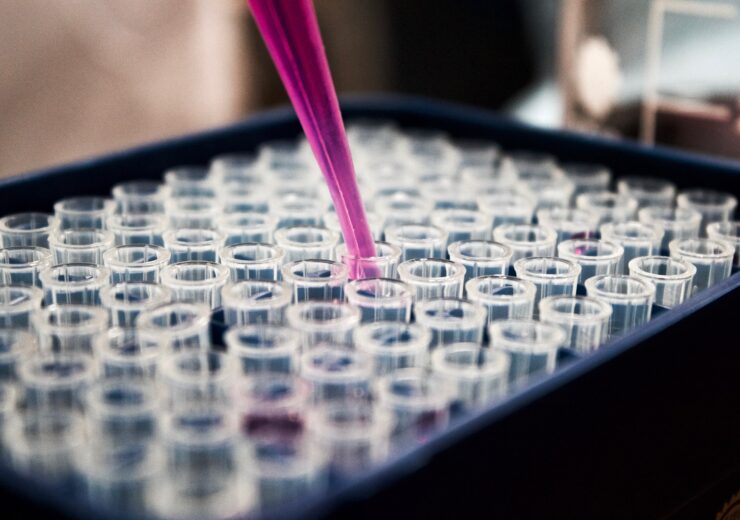The programme is intended for certain oncology drug products used with some corresponding in vitro diagnostic tests to support clinicians choose the best suitable cancer treatments for patients

FDA launches a pilot programme for certain LDTs used in the detection of cancer. (Credit: Louis Reed on Unsplash)
The US Food and Drug Administration (FDA) has unveiled a new voluntary pilot programme to help lower the risks associated with the use of laboratory developed tests (LDTs) for cancer biomarkers identification.
The programme is intended for certain oncology drug products used with some corresponding in vitro diagnostic tests to support clinicians choose the best suitable cancer treatments for patients.
Through this pilot programme, the FDA will obtain performance data from drug producers for the tests used to enrol patients in the clinical studies that support drug approval.
The US health regulator will then post to its website the minimum performance characteristics for similar tests that can be used to choose patients for treatment with the approved drug after evaluating the information.
According to FDA, laboratories can use this information to guide the development of LDTs to detect specific biomarkers used for selecting cancer treatment. This will support better and more consistent performance of these tests, leading to better treatment choices and enhanced care for cancer patients, said the regulator.
During the initial phase of the programme, the FDA will only review a maximum of nine drug sponsors for a year to determine whether to accept them for the programme.
Following drug approval, the FDA will publish the minimum recommended performance characteristics for in vitro diagnostic tests used with each approved drug product under the pilot, based on the assays used in clinical trials.
FDA Centre for Devices and Radiological Health director Jeff Shuren said: “We believe this guidance and the launch of the pilot program are important steps towards addressing safety risks posed by the use of poorly performing laboratory developed tests.
“The pilot aims to help by making transparent performance recommendations for diagnostic tests used to select certain oncology drug treatments.”
Last month, the health regulator finalised suggestions for evaluating blood donor eligibility by using a set of individual risk-based questions for reducing the risk of transfusion-transmitted human immunodeficiency virus (HIV).
